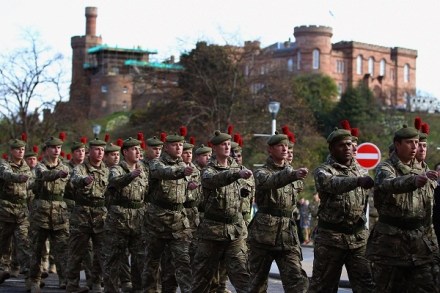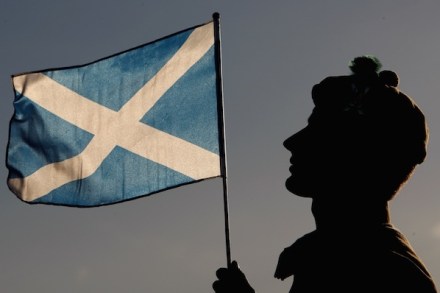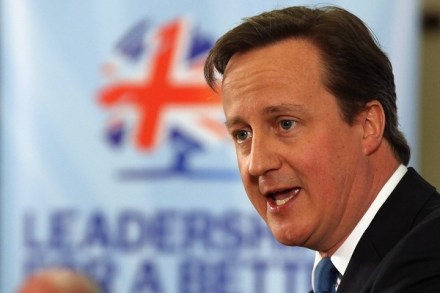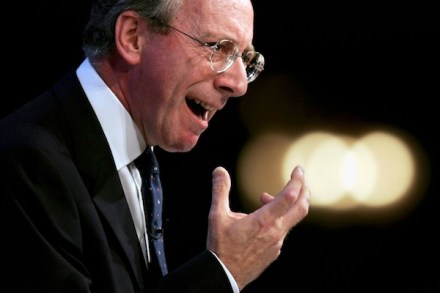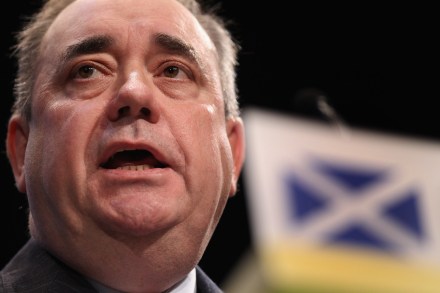Is Gordon Brown a Scottish Nationalist?
In 1997 the Labour government tampered with the UK constitution. They then vetoed anyone reading the minutes of the cabinet meeting where it was agreed a parliament for Scotland would be implemented. Now Gordon Brown, one of the architects of the Scottish Parliament, is about to start spreading the Scottish nationalist view in a lecture entitled ‘Scotland and Britain in 2025′ at the Edinburgh International Book Festival today. This raises the question: is Gordon Brown a Scottish nationalist? Kim Howells’ ‘smoking’ gun statement to the McKay Commission on 24 July 2012 revealed that Labour knew they would be creating an unstable UK. He acknowledged that the party knew the West




